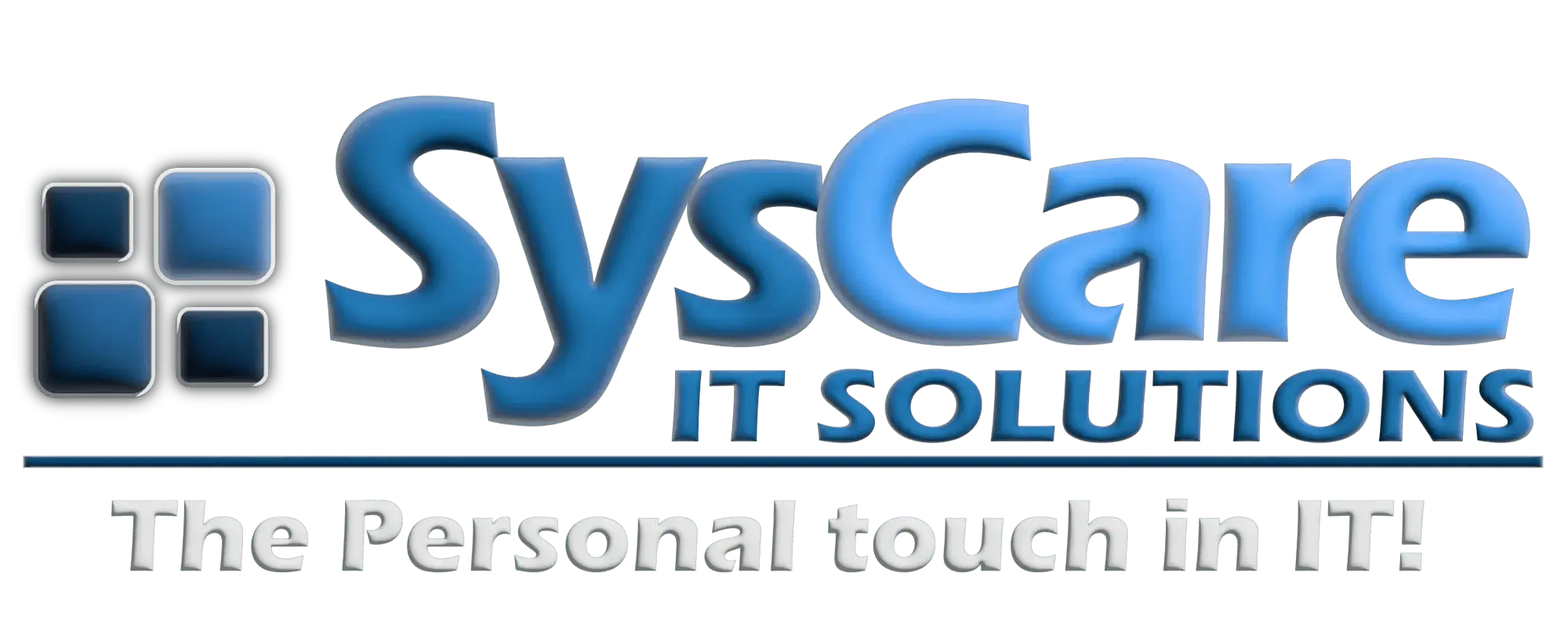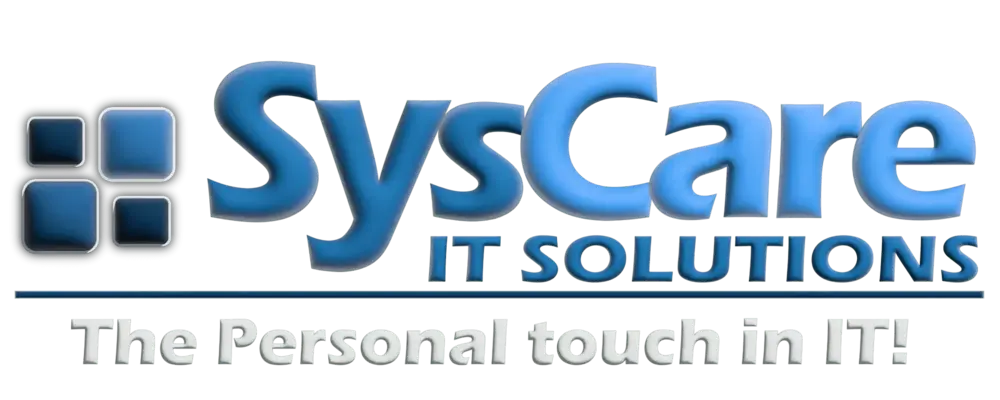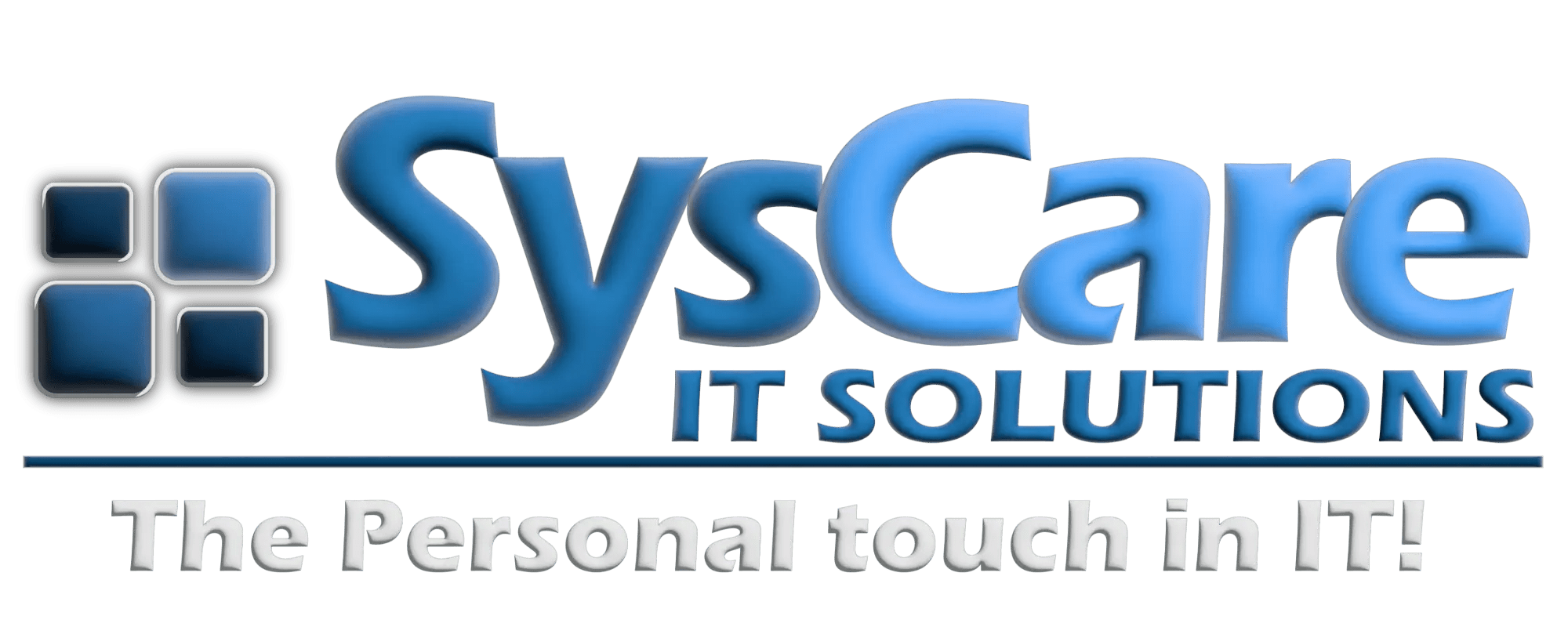Certified Ethical Hacker (C|EH v.12)
Course Overview
The Certified Ethical Hacker (CEH) v12 is a comprehensive cybersecurity certification program designed to provide IT professionals with the skills and knowledge necessary to understand and protect against hacking threats. This course will arm you with techniques, apparatuses, and methodologies used by hackers and data security experts to penetrate systems. You may protect your organization’s network and data against cyber threats by understanding and applying these techniques.
SysCare IT Solutions, in partnership with EC-Council, proudly offers the CEH v12 course, a comprehensive training program designed to equip you with the knowledge and skills necessary to expertise as a Certified Ethical Hacker.

Why Choose SysCare Training?
SysCare IT Solutions covers all the essential aspects of ethical Hacking, from the latest security threats to advanced penetration testing techniques, and SysCare Professional IT Training constantly updates the latest industry trends and development.
Learn from cybersecurity professionals with years of experience in the field. Our instructors bring real-world and practical knowledge to the classroom, ensuring you receive top-notch training.
At SysCare IT Solutions, we believe learning by doing. CEH v12 course includes hands-on labs and simulations, allowing you to practice your skills.
Completing the CEH v12 course, you will be well-prepared to earn the Certified Ethical Hacker certification from EC-Council, a globally recognized credentials that distinguish you in the cybersecurity job market.
Course Objectives
Exam Details

- IT Security Professionals
- Network Security Administrators
- System Administrators
- IT Auditors and Security Officers
- Penetration Testers and Ethical Hackers
- Anyone Interested in Cyber Security
- Basic Knowledge of Networking
- Familiarity with Operating Systems
- Understanding of Information Security Concepts
Course Modules
Overview of essential concepts and the role of an ethical hacker.
Techniques for gathering information about targets.
Methods for detecting live systems and open ports.
Techniques for extracting information from systems.
Identifying and analyzing vulnerabilities in systems.
Techniques for gaining unauthorized access to systems.
Understanding different types of malware and how to counter them.
Methods for capturing and analyzing network traffic.
Techniques for manipulating individuals to gain unauthorized access.
Understanding and mitigating DoS attacks.
Methods for taking over active sessions.
Techniques to bypass security measures.
Compromising and securing web servers.
Exploiting SQL vulnerabilities.
Compromising wireless networks.
Attacking and securing mobile devices.
Security of Internet of Things (IoT) and Operational Technology (OT) devices.
Securing data and infrastructure in cloud environments.
Understanding and applying cryptographic techniques.
Enroll Now
Join SysCare IT Solutions for the CEH v12 course and take the first step towards becoming a cyber security expert. Whether you’re an IT professional or just starting your career, our training program will provide you with skills and knowledge needed to succeed in the world of cyber security.







